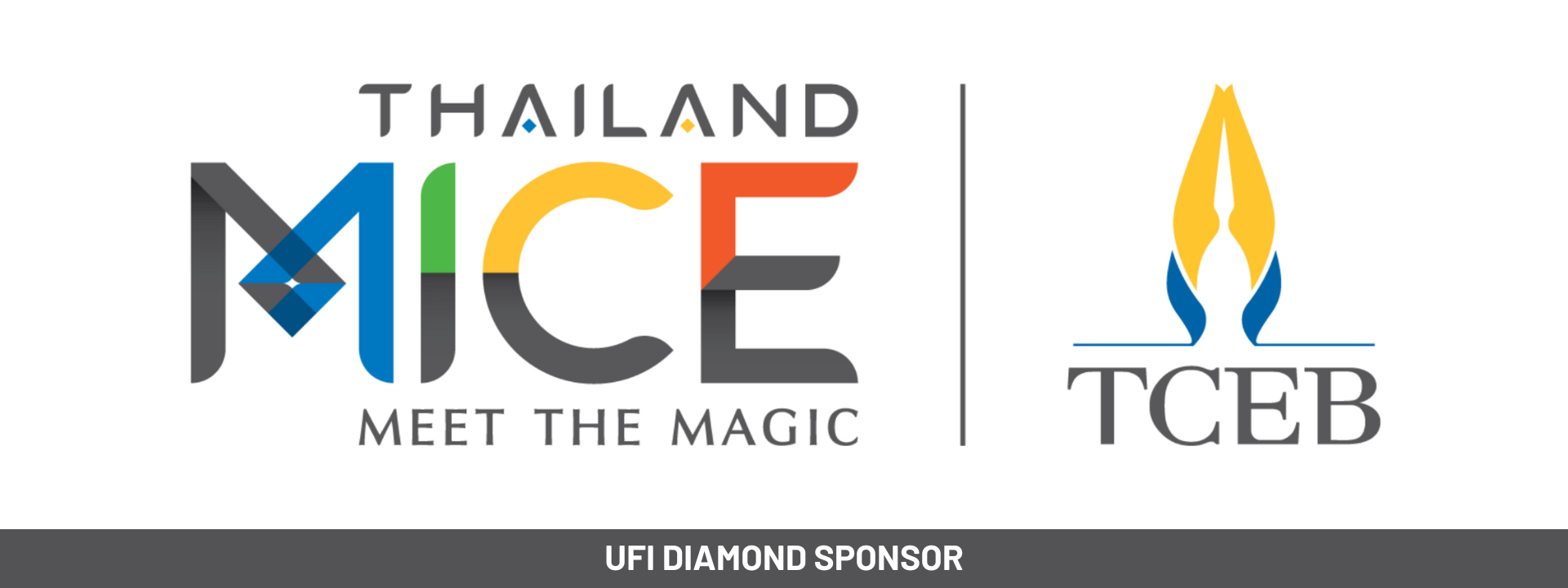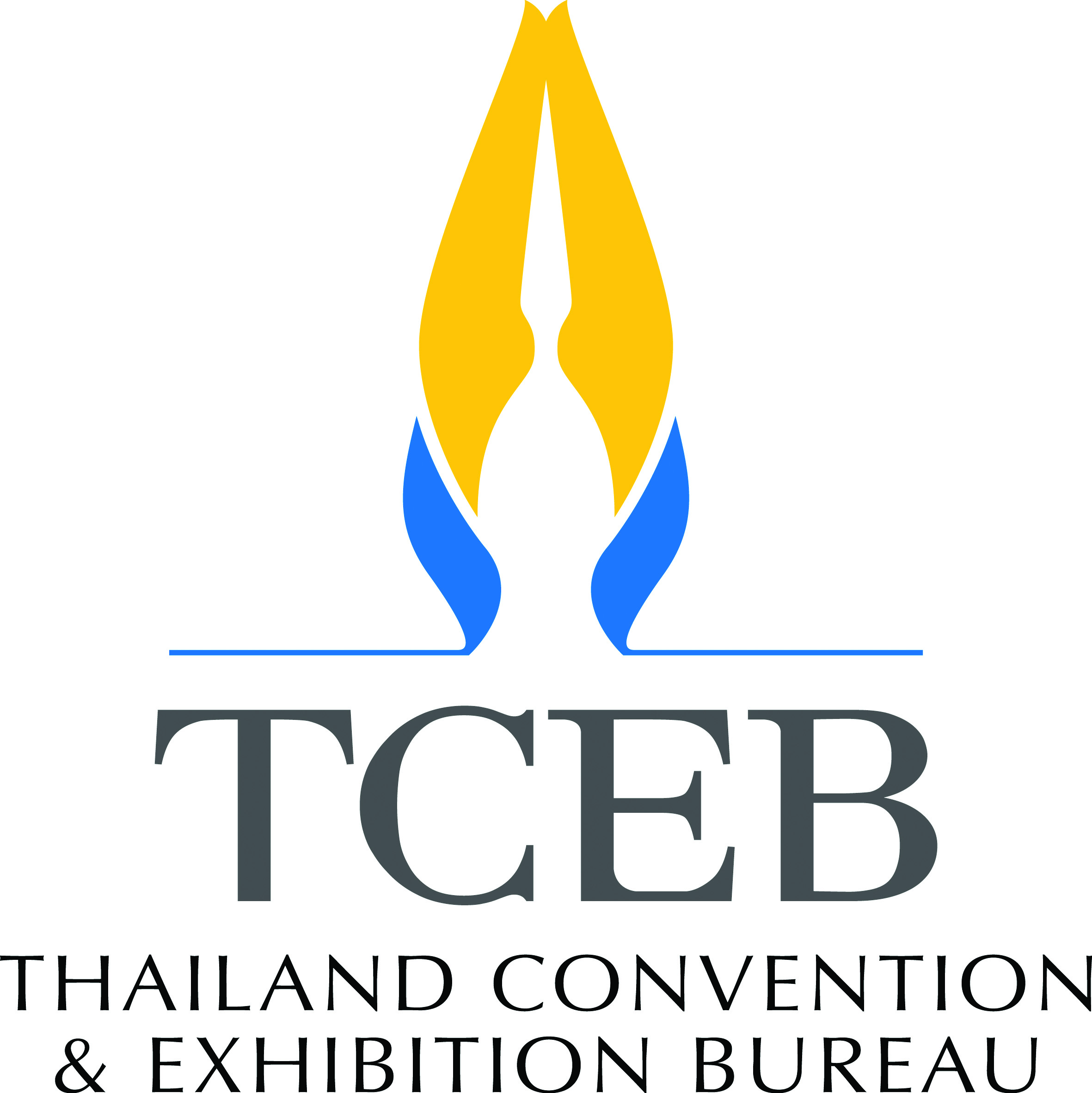
Antony Reeve-Crook, Director, ArciMedia Ltd.
Among the presentations at the upcoming UFI European Conference at the NEC in Birmingham, Thursday afternoon’s talk ‘Glocalisation 2: Russia – China – One Belt One Road (OBOR)’ is likely to raise eyebrows for some seeking to make in-roads in central Eurasia.
The May event looks at ways and measures to benefit from the shifting trade patterns emerging as new alliances are being forged, which makes the debate between Eugen Alles, managing director of Messe Frankfurt GmbH subsidiary in Russia, and Vasily Grudev, chairman of the organising committee behind the Belt and Road Initiative (Russia) particularly interesting.
So what can we learn from the China-Russian relations in context of the OBOR, and how can international organisers benefit from Russia’s participation in an initiative that involves more than US$900bn in infrastructure projects worldwide.
Among the OBOR’s primary goals is the lowering of barriers to trade and investment – an objective that benefits exhibition organisers seeking to commence or continue business in the Eurasian region. Fifty-one subjects of the Russian Federation already have twinning agreements with the provinces of China, and the expansion of regional cooperation between these two countries within the framework of the trade fair and the Russian-Chinese investment forum brings them closer still.
Alles’ key points centre on fostering industrial cooperation between Russia and China, as well as the geopolitical and economic considerations of such partnerships in building long-term mutually beneficial trade relations. He will also be looking at the value of national Chinese exhibitions as a platform for select industrial growth plans: specifically collaboration in STEM subjects, as well as operating with government agencies at the federal and regional levels, with a focus on the potential for “inter-regional cooperation within the framework of the trade fairs”.
Grudev will use his time on stage to zoom out to provide the historical aspects of the OBOR initiative and the global idea behind ‘One Belt’ development and its purpose as the New Silk Road. This will expand into the prospects and development opportunities for the Far East and Russia, as well as demonstrating the economic results of the World Economic Forum and the agreements concluded between Russian and Chinese businesses. And specific to the audience that will be gathered in Birmingham, the support of the Chinese government’s initiative to hold national trade fairs in Russia; which for obvious geographic reasons is central to its OBOR development plan in Europe.
China’s Belt and Road infrastructure initiative involves Russia as a main partner in the construction of roads, railroads, internet cables, plus other telecommunications infrastructure, which creates fresh opportunity for businesses in the exhibition industry. New and improved transport development stands to lower trade costs and improve connectivity, as does the internationalisation of regional economies and increased cross-border trade and investment.
All of this development is of course offset against ongoing political uncertainty and fears of trade wars, which makes discussion like this between Grudev and Alles – which highlight development opportunities and speak to cooperation and trade – ever-more important.







Nice replies in return of this difficulty with solid arguments and describing everything concerning that.